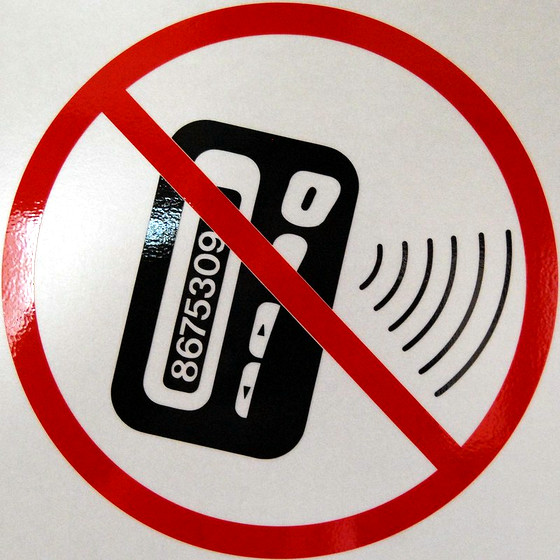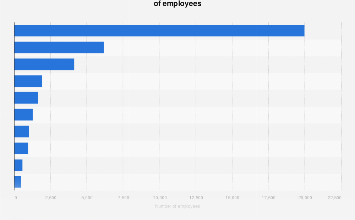In the past, there was a fierce battle between telecommunications companies, parents, schools, and lawmakers to eradicate pagers.

by
Smartphones, which can handle not only phone calls but also various tasks, have become essential mobile devices for modern people, but before smartphones , feature phones and even before that, pagers (pagers) were used. In the United States, pagers became popular among teenagers in the 1980s, but the newsletter Pessimists Archive explains that a major debate was held in the United States about this.
The Forgotten War on Beepers – by Louis Anslow
https://newsletter.pessimistsarchive.org/p/the-forgotten-war-on-beepers
From the 1980s to the early 1990s, pagers were the latest communication tool and a status symbol for young people. However, at the same time, pagers were also widely used by drug traffickers, and after a report in The Washington Post in 1988 , concerns spread across the United States that pagers were a breeding ground for drug trafficking. Schools, local governments, states, and even the federal parliament enacted rules banning pagers one after another.
by
In New Jersey, a state law proposed by Senator Ronald Rice, a former police officer, would completely ban the possession of pagers by anyone under the age of 18, with violations punishable by up to six months in jail. One Michigan city passed an ordinance requiring a three-month jail sentence for possessing a pager on school grounds.
In addition, the city of Chicago passed an ordinance banning the possession of pagers on school grounds, on the grounds that ‘pagers encourage prostitution.’ Other states have also proposed penalties for violators, such as community service, fines, and one-year driver’s license suspensions.
Thousands of young people fell victim to the strict ban, including some who were detained by police or suspended from school. In Chicago, the crackdown was particularly severe, with more than 30 young people arrested and suspended for possessing pagers in one police raid, and many parents missing their children for more than six hours.
According to Chicago Public Schools Police Chief Lt. Randolph Burton, there were 700 arrests of young people for pager possession in Chicago schools in April 1994 alone, and 1,000 arrests in all of 1993.
The anti-pager movement was a big threat to Motorola, which held 80% of the pager market at the time. Motorola mobilized the children of its employees to campaign in defense of pagers and to emphasize their importance to young people. A Motorola report said, ‘The best strategy for pagers is one that teenagers themselves can come up with.’ One participant in the campaign even came up with the slogan, ‘Pagers for all ages.’
Motorola also aired television commercials emphasizing the pager as a communication tool between parents and children, and in 1996 partnered with PepsiCo to provide 500,000 pagers to young people at a low price. Here’s the commercial:
Mountain Dew Motorola Pager Commercial 1995 – YouTube
The publicity stunt angered Senator Rice and other pager opponents, but the tides began to turn after a 5-year-old was suspended from school, with some lawmakers arguing that the law was outdated.
The law was later amended in New Jersey in 1996, but was not repealed. Nearly 30 years later, in 2017, Senator Rice, who introduced the bill, called for the law to be repealed, saying that it was ‘no longer an issue.’ However, even at the time of Rice’s death in 2023, New Jersey’s pager ban law will still be in place.



